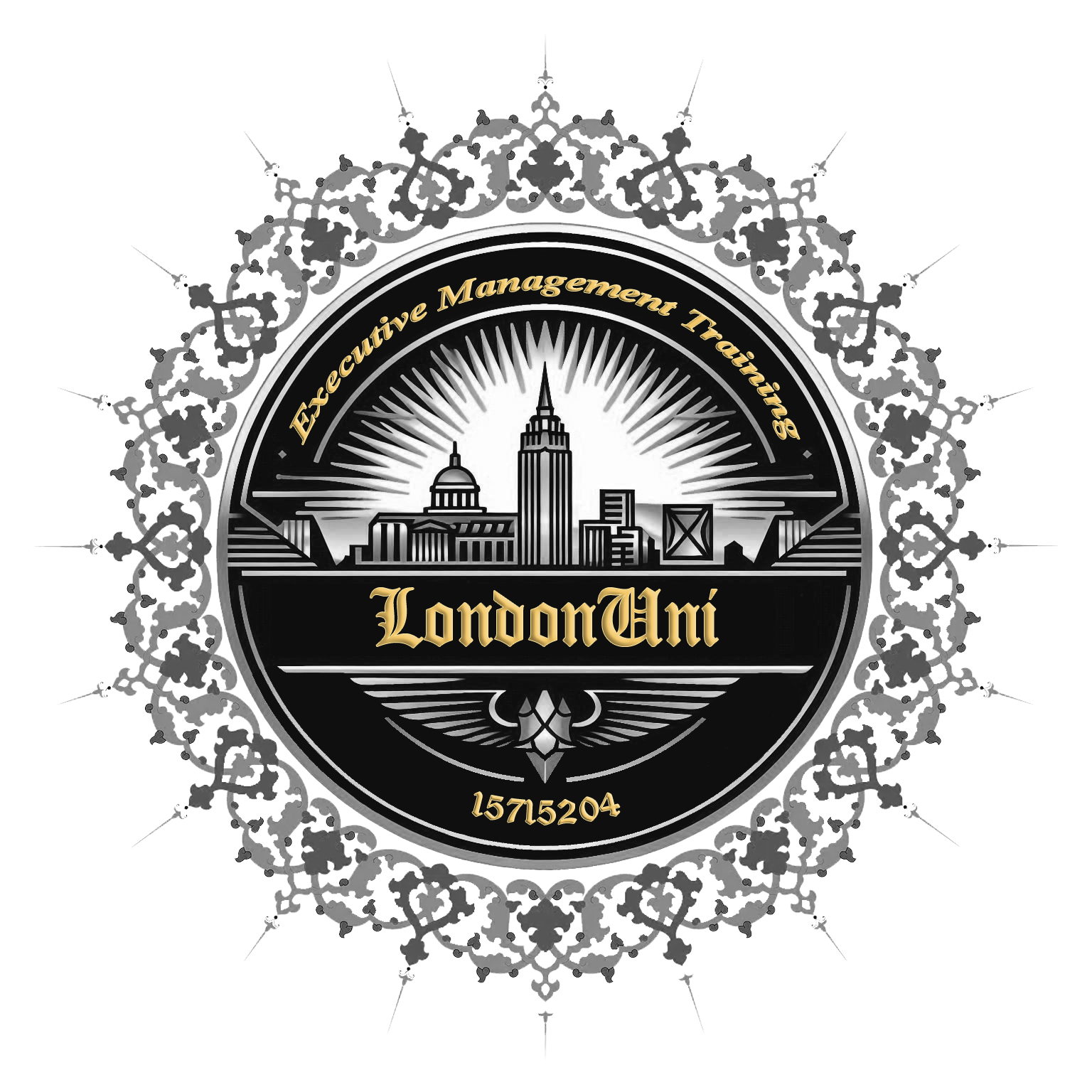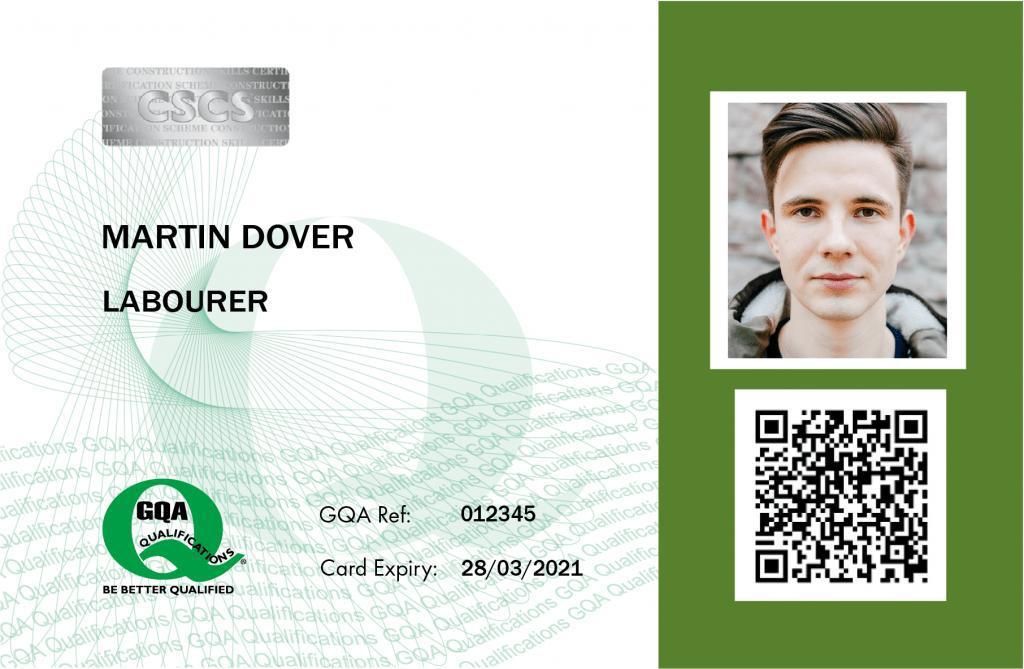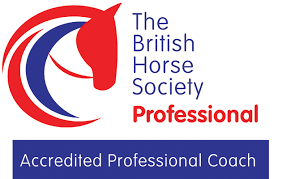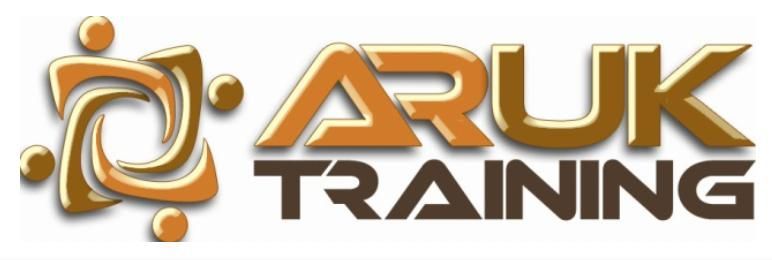
Enhancing Personal Effectiveness and Mastering Influencing Skills
Course ID: 2507280101152EGI
Course Dates : 28/07/25 Course Duration : 5 Studying Day/s Course Location: London, UK
Language: Bilingual
Course Category: Professional and CPD Training Programs
Course Subcategories: Operations and Process Excellence
Course Certified By: * Projacs Academy
* Professional Training and CPD Programs
Certification Will Be Issued From :
KSA
Course Fees: £4,838.34
Vat Not Included in the price. VAT may vary depending on the country where the course or workshop is held.
Click to Pay
Date has passed please contact us Sales@e-s-hub.com
Course Information
Introduction
In an era where collaboration, leadership, and adaptability are paramount, the ability to enhance personal effectiveness and master influencing skills has become indispensable. These competencies are not merely desirable traits but essential tools for navigating complex professional environments. Whether in corporate settings, educational institutions, or nonprofit organizations, individuals who can effectively manage their time, communicate persuasively, and influence others are better equipped to drive results and foster meaningful relationships. This course is designed to address the growing demand for such skills by equipping participants with actionable strategies rooted in established psychological and behavioral frameworks.
One of the most pressing challenges professionals face today is the inability to align personal productivity with organizational goals. Research by Drucker (1954) on "Management by Objectives" highlights the importance of goal-setting and self-management, yet many individuals struggle to translate these principles into practice. Similarly, Cialdini’s (2009) seminal work on the psychology of influence underscores the power of persuasion, yet gaps remain in how effectively people apply these insights. By bridging these knowledge and application gaps, this course empowers participants to achieve greater alignment between personal performance and organizational success.
Consider the case of a mid-level manager at a multinational corporation tasked with leading a cross-functional team. Despite possessing technical expertise, they may find it challenging to motivate team members or negotiate conflicting priorities. Such scenarios are common across industries, where the absence of effective influencing skills can lead to inefficiencies, missed opportunities, and strained relationships. This course addresses these challenges by providing participants with practical tools to navigate interpersonal dynamics and drive outcomes.
The benefits of mastering personal effectiveness and influencing skills extend beyond individual growth. Organizations that invest in developing these competencies often experience enhanced team cohesion, improved decision-making, and increased innovation. For instance, Google’s Project Aristotle revealed that psychological safety—a key component of effective communication and influence—is the most critical factor in high-performing teams. By fostering these skills, organizations can create cultures where employees feel empowered to contribute fully and collaborate seamlessly.
To ensure depth and relevance, this course integrates theories such as Goleman’s Emotional Intelligence model, which emphasizes self-awareness and empathy, and Lewin’s Change Management framework, which highlights the role of influence in driving transformation. Participants will also explore real-world examples, such as how leaders like Nelson Mandela used emotional intelligence and persuasion to inspire change on a global scale. These insights provide a robust foundation for understanding the theoretical underpinnings of the course content while offering practical applications.
Ultimately, this course is more than a training program—it is a catalyst for transformation. By equipping participants with the skills to manage themselves effectively and influence others positively, it enables them to unlock their full potential. Whether you are a seasoned professional seeking to refine your abilities or a newcomer eager to build a strong foundation, this course offers the tools and strategies needed to thrive in today’s dynamic workplace.
Objectives
By attending this course, participants will be able to:
Analyze their current levels of personal effectiveness using evidence-based frameworks such as SWOT analysis and time management matrices.
Evaluate the impact of emotional intelligence on interpersonal relationships and organizational outcomes.
Design personalized action plans to enhance productivity and achieve professional goals.
Apply Cialdini’s six principles of influence to craft persuasive messages and negotiate effectively.
Implement strategies for building trust and credibility within teams and across organizational hierarchies.
Synthesize feedback from peers and stakeholders to refine influencing techniques and improve collaboration.
Assess the ethical implications of influencing strategies and align them with organizational values.
Who Should Attend?
This course is ideal for:
HR managers and team leaders seeking to enhance their leadership capabilities and foster cohesive teams.
Consultants and project managers who need to influence stakeholders and drive project success.
Educators and trainers aiming to improve engagement and learning outcomes through effective communication.
Entrepreneurs and business owners looking to build stronger client relationships and grow their ventures.
These groups will find the course valuable because it addresses the core competencies required to excel in roles that demand high levels of interaction, decision-making, and relationship-building. While the course is suitable for intermediate learners with some prior experience in leadership or communication, beginners will also benefit from its foundational modules.
Training Method
• Pre-assessment
• Live group instruction
• Use of real-world examples, case studies and exercises
• Interactive participation and discussion
• Power point presentation, LCD and flip chart
• Group activities and tests
• Each participant receives a 7” Tablet containing a copy of the presentation, slides and handouts
• Post-assessment
Program Support
This program is supported by:
* Interactive discussions
* Role-play
* Case studies and highlight the techniques available to the participants.
Daily Agenda
The course agenda will be as follows:
• Technical Session 08.30-10.00 am
• Coffee Break 10.00-10.15 am
• Technical Session 10.15-12.15 noon
• Coffee Break 12.15-12.45 pm
• Technical Session 12.45-02.30 pm
• Course Ends 02.30 pm
Course Outlines
Foundations of Personal Effectiveness
Understanding the principles of personal effectiveness and their impact on professional success.
Conducting a self-assessment using SWOT analysis and time management tools.
Exploring the role of goal-setting in enhancing productivity.
Identifying barriers to personal effectiveness and strategies to overcome them.
Day 2:
Emotional Intelligence and Interpersonal Dynamics
Defining emotional intelligence and its components: self-awareness, self-regulation, motivation, empathy, and social skills.
Analyzing the link between emotional intelligence and effective communication.
Practicing active listening and empathetic responses in simulated scenarios.
Building resilience and managing stress in high-pressure environments.
Day 3:
Principles of Influence and Persuasion
Introducing Cialdini’s six principles of influence: reciprocity, scarcity, authority, consistency, liking, and consensus.
Applying these principles to craft persuasive messages and presentations.
Developing negotiation skills to achieve win-win outcomes.
Ethical considerations in influencing and avoiding manipulation.
Day 4:
Building Trust and Credibility
Understanding the psychology of trust and its role in professional relationships.
Strategies for establishing credibility and maintaining authenticity.
Navigating conflicts and resolving disputes through constructive dialogue.
Leveraging feedback to strengthen interpersonal connections.
Day 5:
Practical Applications and Action Planning
Designing personalized action plans to integrate course learnings into daily practice.
Role-playing exercises to simulate real-world influencing scenarios.
Sharing best practices and lessons learned with peers.
Reflecting on progress and setting measurable goals for continuous improvement.



















































